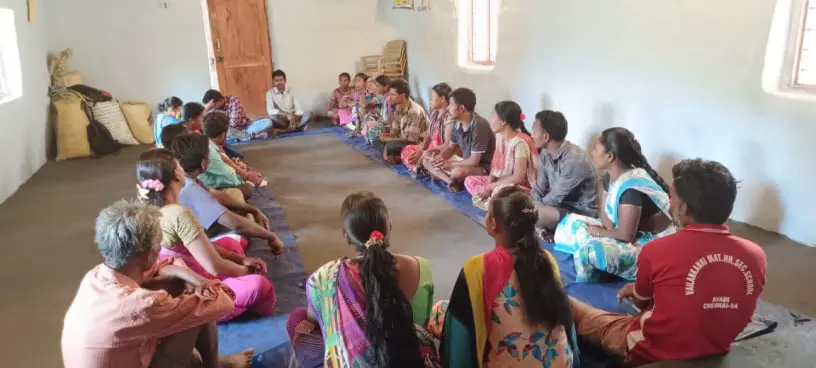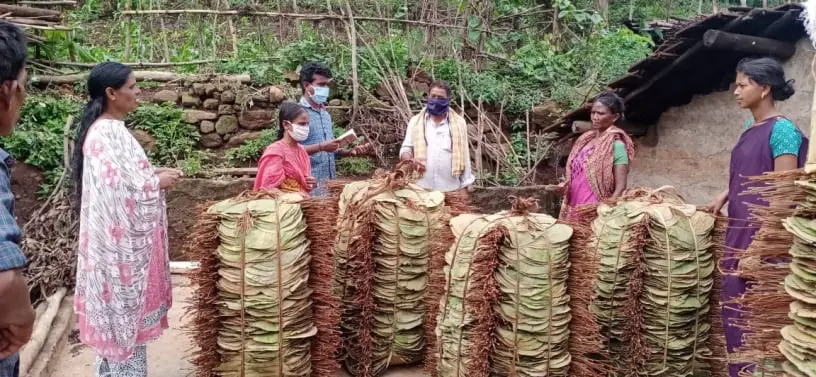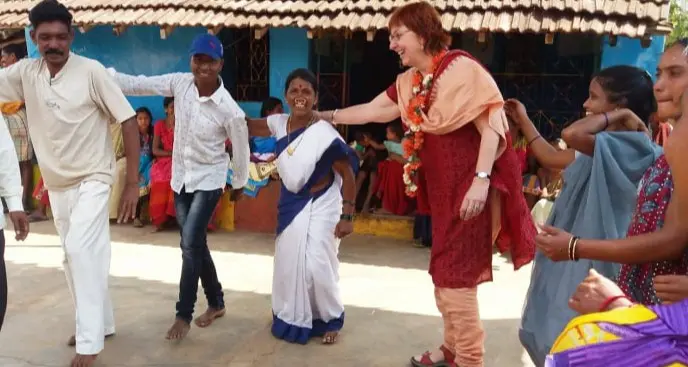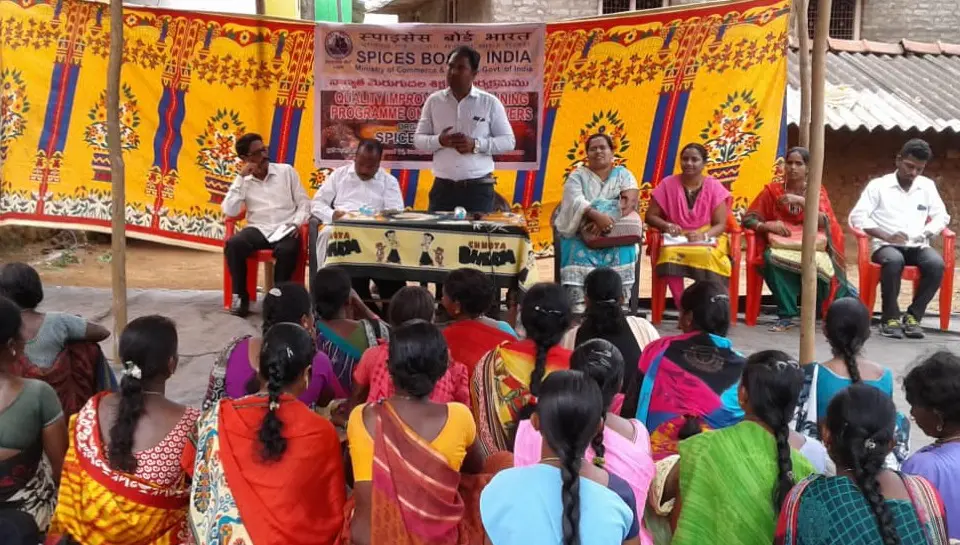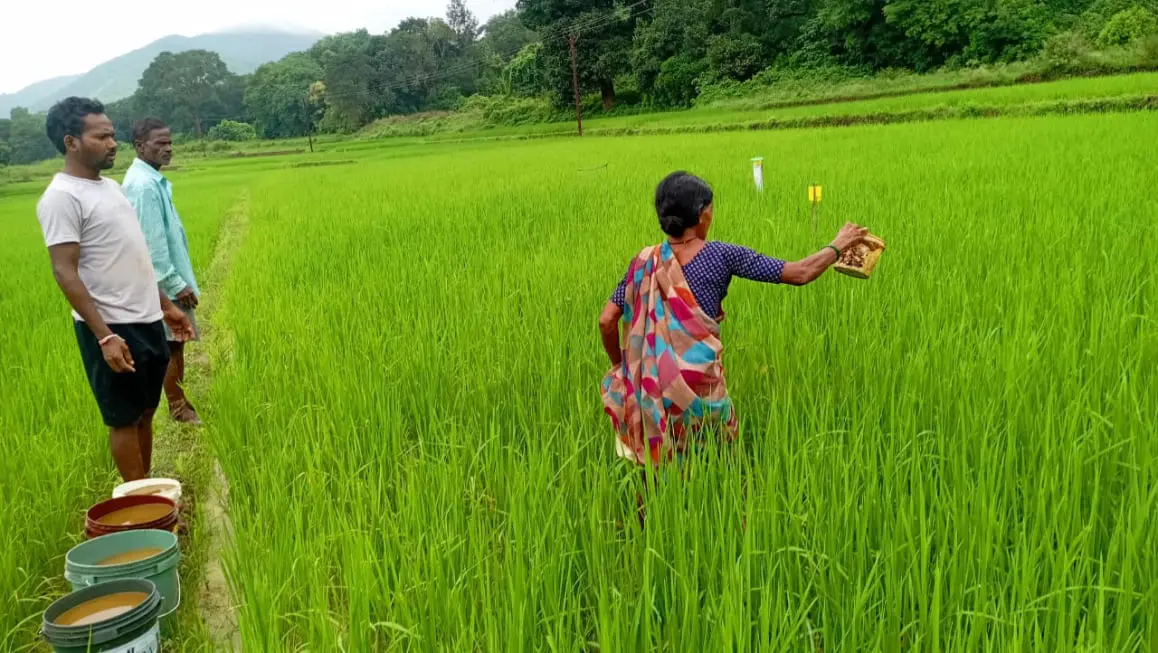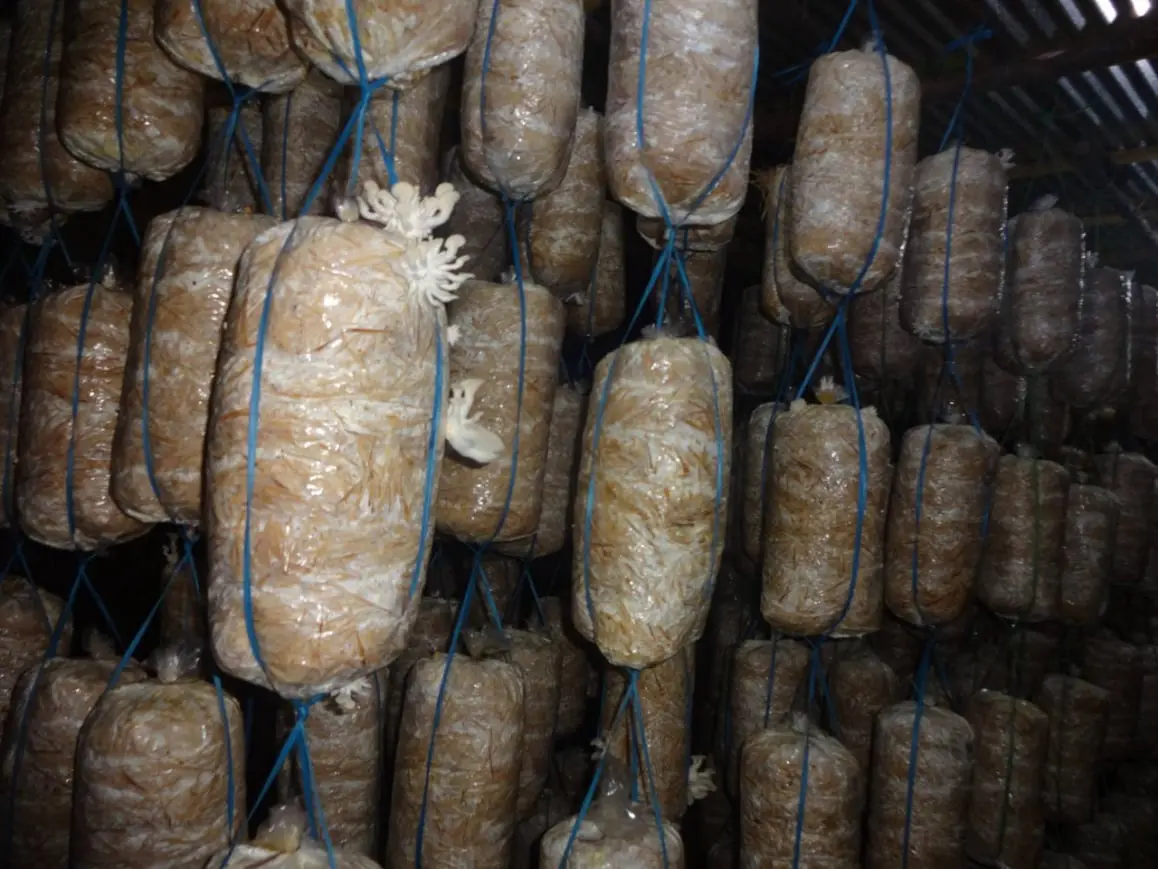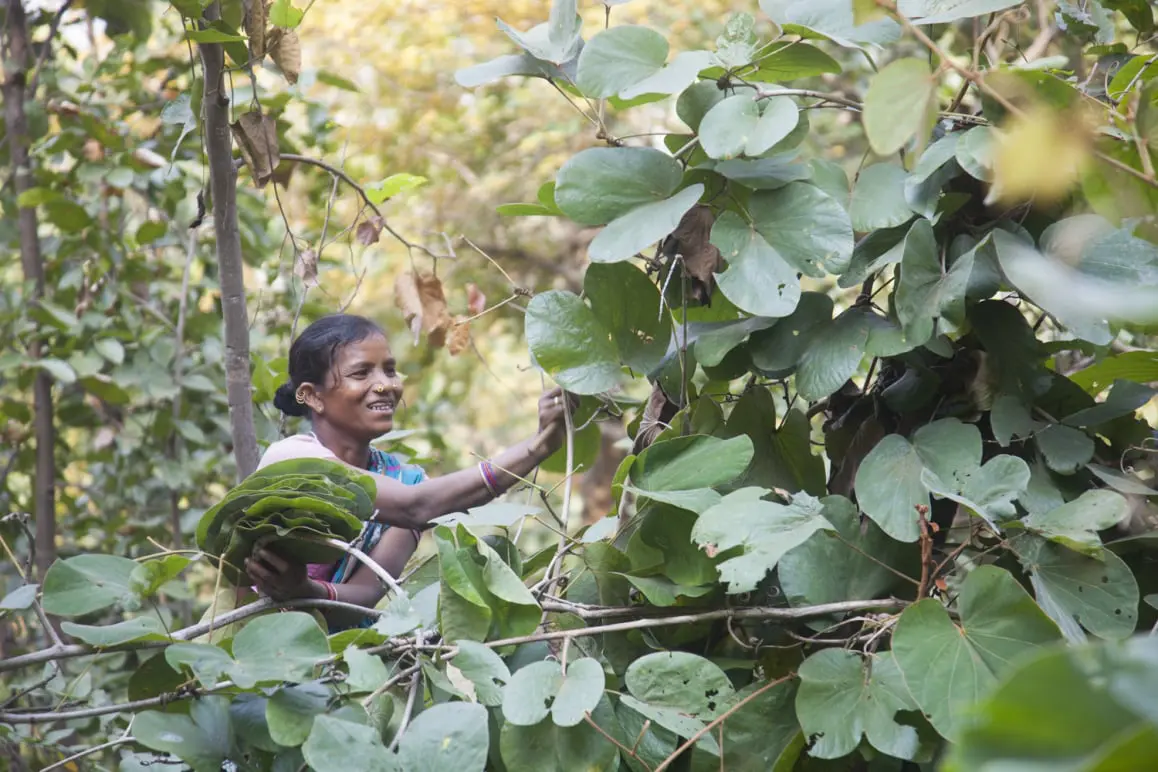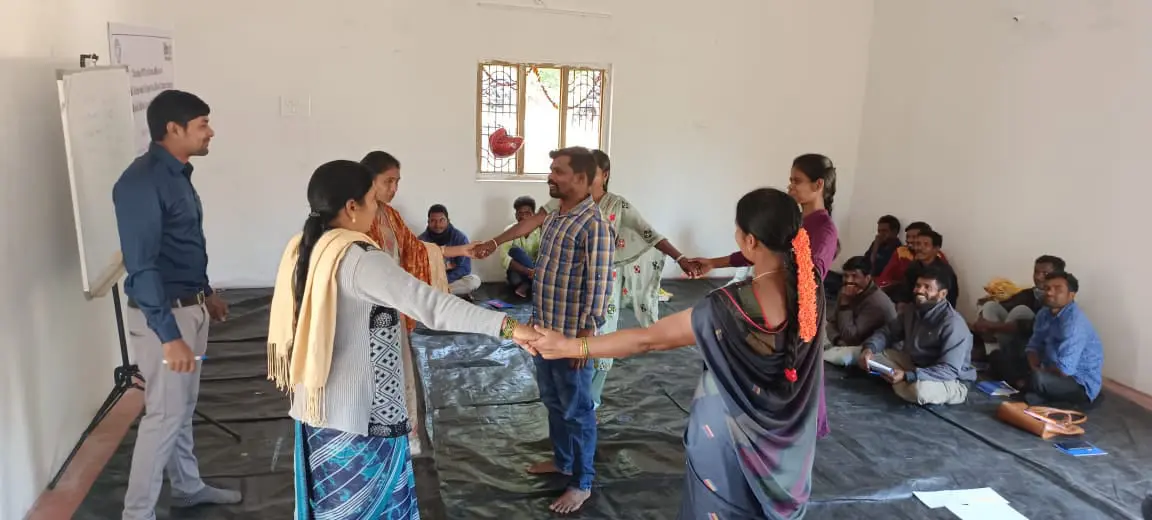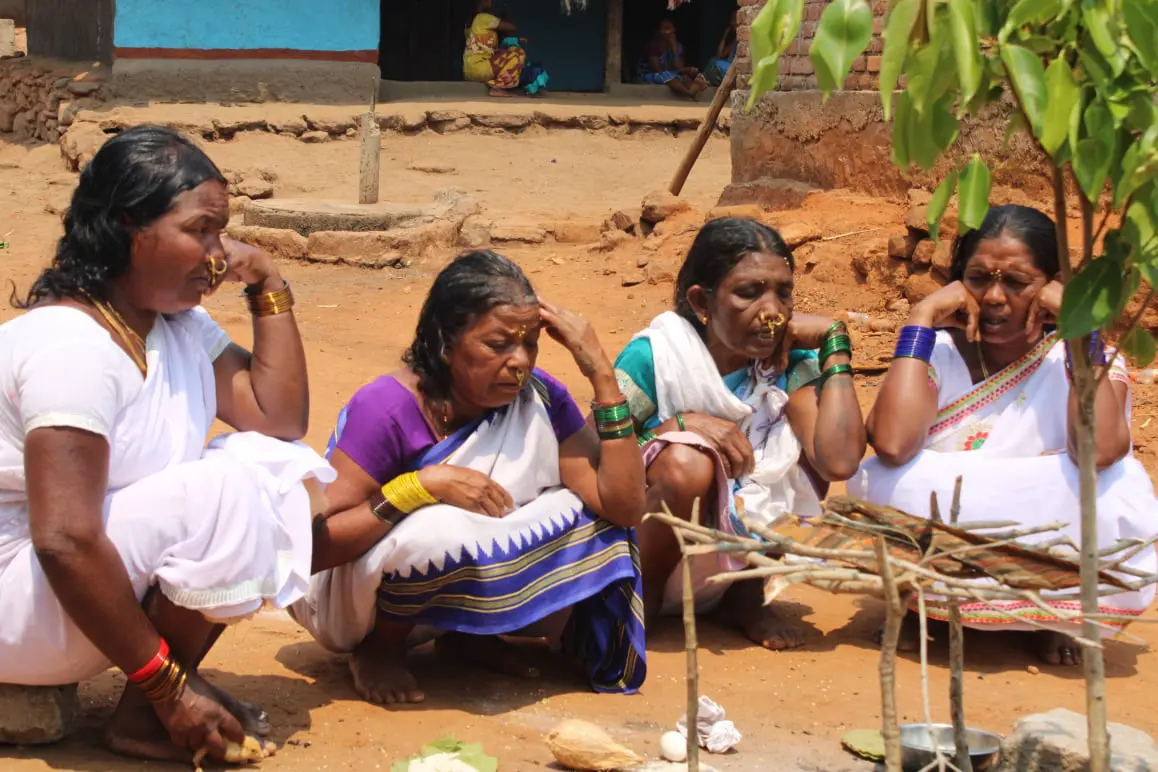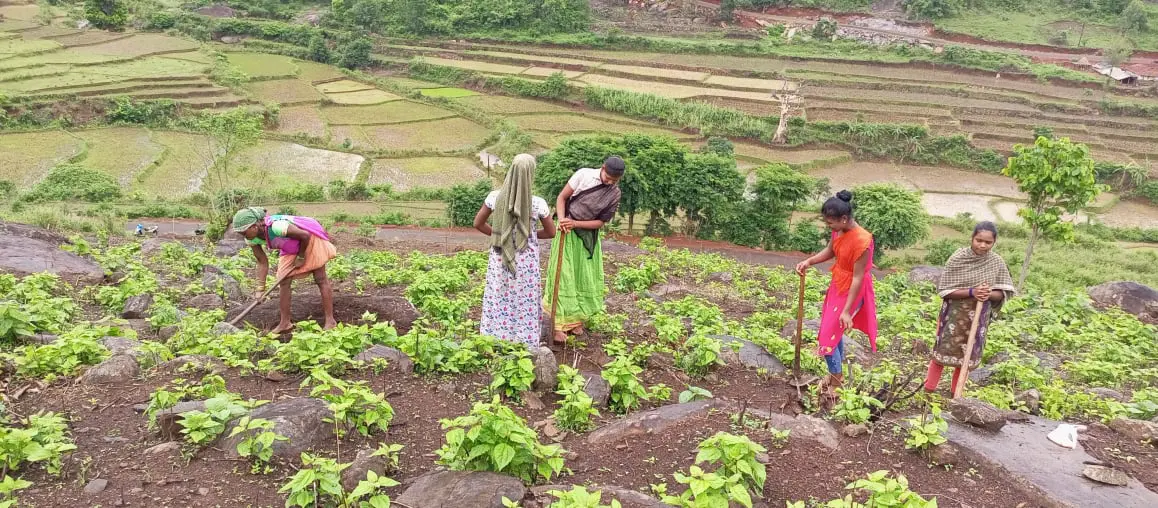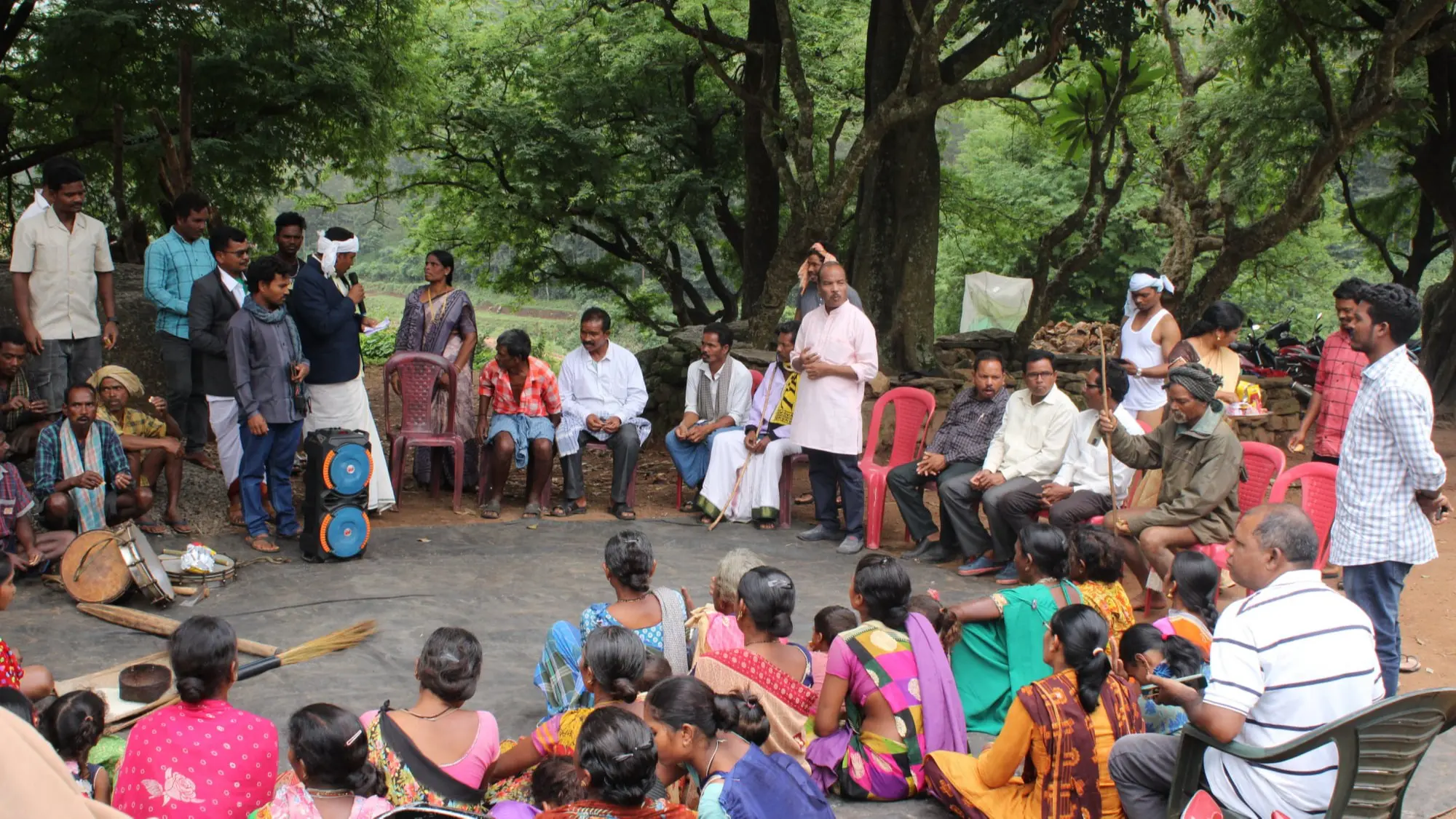
About us
Tribal communities play a vital role in enriching the vibrant tapestry of cultural diversity within our nation. Adivasimitra stands as a testament to the resilience and spirit of the tribal inhabitants of the Eastern Ghats in Andhra Pradesh. Founded, owned, and led by the indigenous people, Adivasimitra has been a registered voluntary organization since 1996, steadfastly empowering its community.
At Adivasimitra, we are unwavering in our commitment to fostering opportunities for tribal communities, steering them towards sustainable growth. Since our inception, we have dedicated ourselves to the continual progress of our communities, working diligently to create positive and lasting change.
Our actions are guided by the values upon which our organization was built. To learn more about our mission, vision, and the impactful steps we take to bring about sustainable changes, explore our initiatives and the transformative journey we are embarked upon.
